Interstitial Cystitis
Interstitial Cystitis is a condition of bladder pain and bladder irritability. It is a relatively common problem, but there are good treatments available to control symptoms.
Women referred to Bay Urology with interstitial cystitis will need some basic investigations to exclude other causes for pain. If these investigations are normal, then we go through a process with them to control symptoms. These involve:
- Identifying any possible triggers. Some women have dietary triggers such as caffeine, alcohol, acidic foods. There can, however, be triggers outside of these groups.
- Having a plan for an acute episode of significant symptoms. This usually involves medication to get on top of symptoms quickly. This includes pain relief and medication to calm down the bladder.
Sometimes these plans are ineffective in which case other options available. These include:
- Cystoscopy and hydrodistention. This investigation can be both diagnostic (allows us to examine the bladder), and therapeutic. Distending the bladder under anaesthetic can be very helpful to control pain and irritability, and often allows women to stop using medication. It is a simple procedure that can give a long term relief.
- Bladder injections of Botox can be used in some women with interstitial cystitis
- Intravesical treatments such as iIaluril can be very effective.



